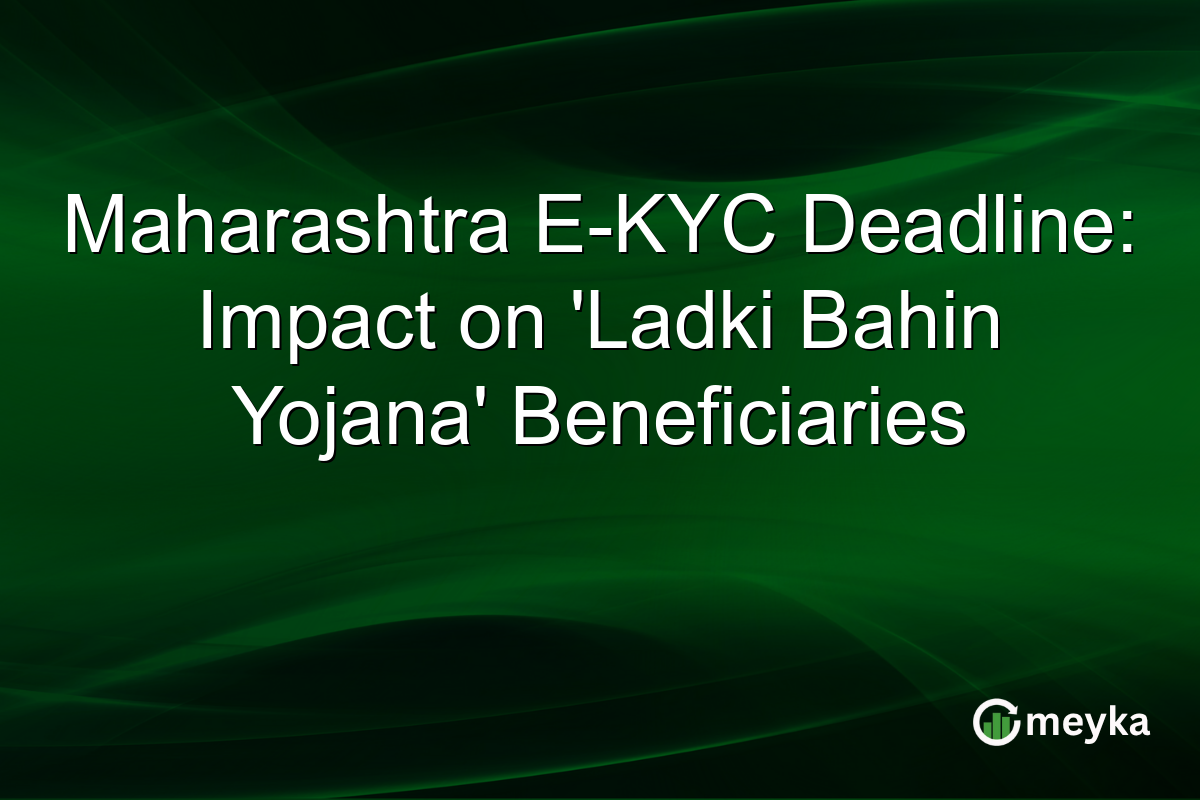Maharashtra E-KYC Deadline: Impact on ‘Ladki Bahin Yojana’ Beneficiaries
The ‘Ladki Bahin Yojana’, an indispensable welfare scheme in Maharashtra, provides financial support to women through direct benefit transfer. However, the recent mandate requiring beneficiaries to complete the e-KYC process by a specified deadline has stirred significant concern. This article explores how this requirement affects recipients and the broader implications on government welfare schemes. Understanding the nuances of this e-KYC mandate is crucial not only for the beneficiaries but also for policymakers.
Continue Reading on Meyka
This article is available in full on our main platform. Get access to complete analysis, stock insights, and more.
Read Full Article →





